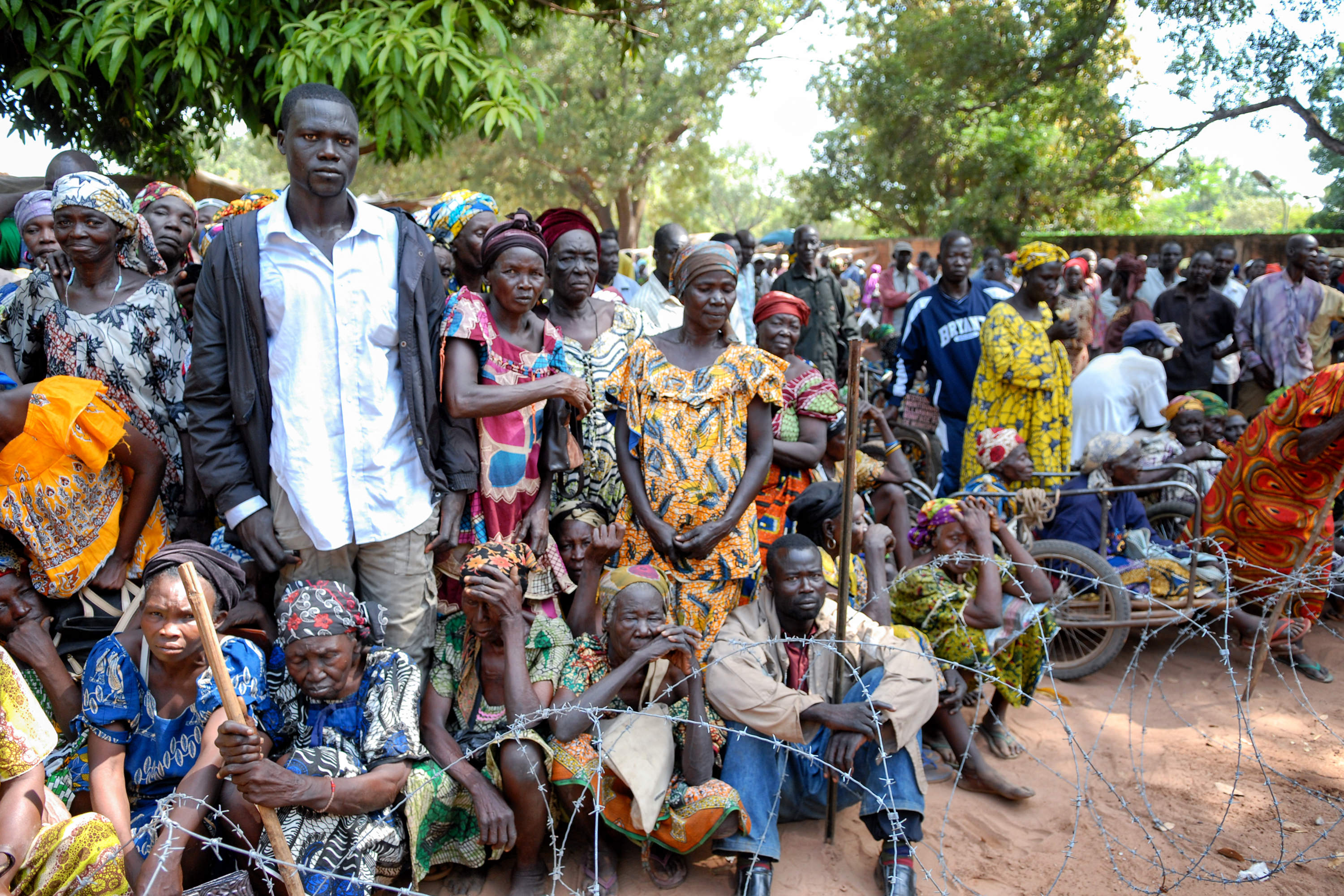Millions of people around the world have been forced to abandon their homes due to conflict, as either international refugees or internally displaced persons. Forced migration produces significant economic impacts. These impacts involve multiple factors, but one key element of these impacts is labour markets.
Labour markets have important implications for long-term development after an episode of forced migration in low-income countries. The ability to work is one of the main assets of the poor. Adequate work opportunities provide individuals with income and reduce social isolation. There has been little analysis of the implications of forced migration for labour markets. This lack of analysis affects humanitarian and developmental policy and programme design.
The Labour Market Impacts of Forced Migration (LAMFOR) project is a new COMPAS project at the University of Oxford, in partnership with Maastricht University that provides statistical evidence on the labour market implications of forced migration situations. This is the first time such an analysis has been undertaken. In addition to the core researchers from Oxford and Maastricht, the project has an Expert Advisory Board composed of senior policymakers (e.g. IOM, UNHCR) and senior scholars who interact regularly with policymakers.
Three key questions driving the analysis are:
- What is the long-term impact of having ever been a refugee on labour market outcomes for refugees?
- What is the labour market impact of return migration for former refugees?
- What is the impact of refugees and returnees on host community employment conditions?
The project looks at two different case studies in the African Great Lakes Region: forced migration in and from Burundi (the main component of the project) and forced migration to Tanzania. In addition to answering these general questions, the project explores the implications of particular forced displacement experiences such as living in a refugee camp and living in a Rural Integrated Village in Burundi (established for landless returnees).
Burundi
Burundi, a small and densely populated country in the East African Great Lakes Region, has experienced waves of civil conflict since it gained independence from Belgium in 1962. These conflicts have involved confrontations between the country’s two main ethnic groups: Hutus and Tutsis. The country experienced a particularly intensive conflict during the 1993-2005 period. After the signing of the Arusha Peace and Reconciliation Accords in 2000 and the installment of the first democratically elected government in 2005, the country is on a path toward stability and peace.
Over the past decade, more than 500,000 refugees returned from exile, mainly from Tanzania. In this new context of peace and massive refugee return, it is important to explore how the overall process of forced displacement affected the labour markets of Burundi. LAMFOR collected additional data on this topic in Burundi in 2015 to complement data previously collected by the researchers (national dataset) in 2011.
Tanzania
Similar to the Burundi conflict explained above, there was a major ethnic conflict in Rwanda in the early 1990s. Over the course of a few months, millions of people fled into bordering countries, with a significant portion going to Tanzania.
This project focuses on Kagera, a region located in the north-western corner of Tanzania. This region was particularly affected by the influx of refugees from the conflicts in Burundi and Rwanda.
The project relied on quantitative analysis of secondary data from Tanzania (i.e., the Kagera Health and Development Survey) and data from Burundi. The data collected in Burundi was used to create a panel with data collected in 2011. Data collection in Burundi took place from January to March 2015.
Furthermore, the project relied on the exogenous nature of different factors related to conflict and displacement. In Burundi, the spatial and temporal distribution of the conflict across provinces was largely exogenous to economic conditions and was determined by a series of geographical factors and natural endowments. Also, most forced displacement took place by foot, and distance to Tanzania was one of the key determinants of being an international refugee. In Tanzania, the location of the refugee camps was affected by a series of exogenous geographical factors and logistical decisions on the part of the international community and the Tanzanian Government as well. These factors enabled us to identify causal linkages between conflict, forced displacement, and the indicators of our interest.
